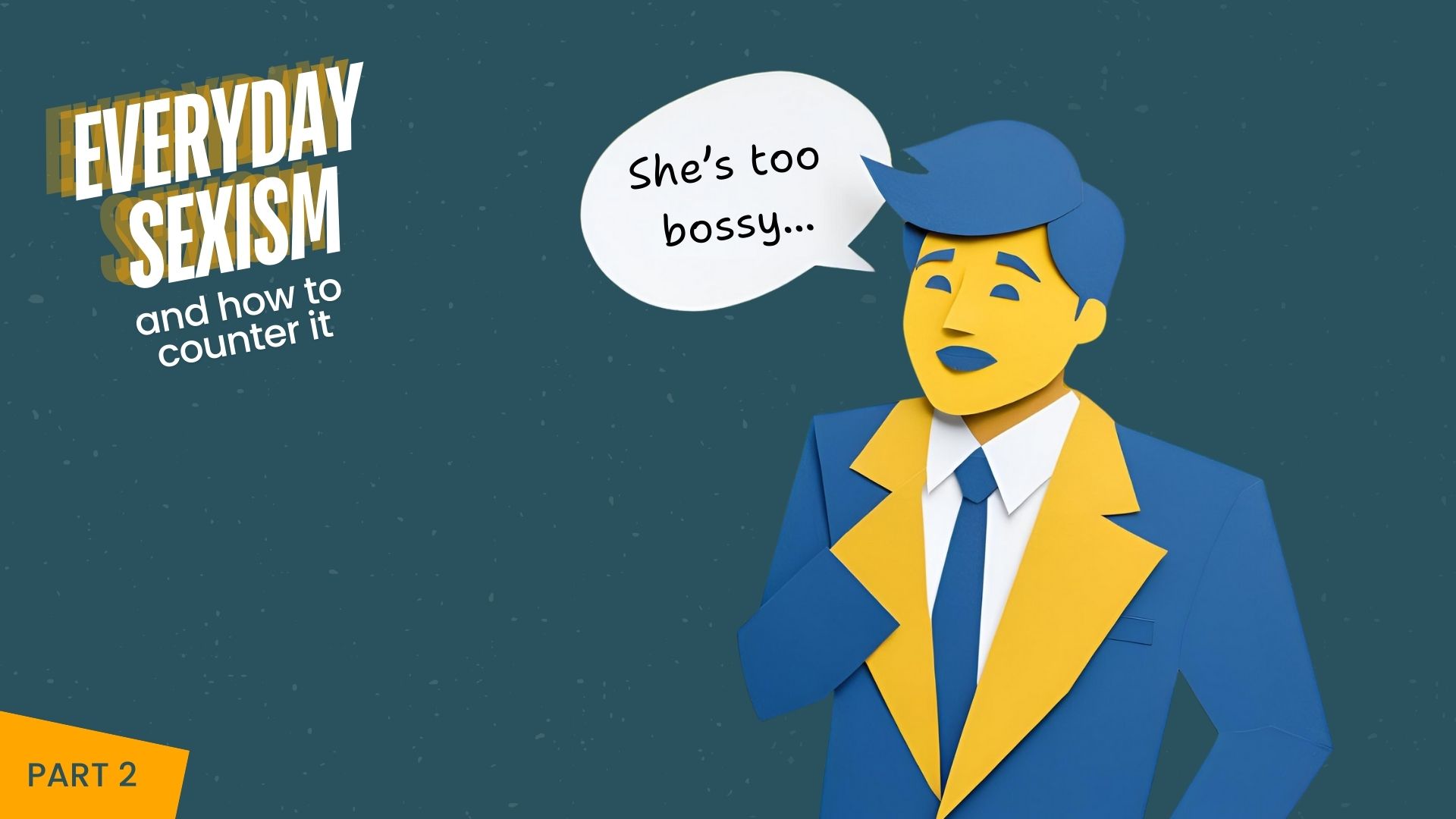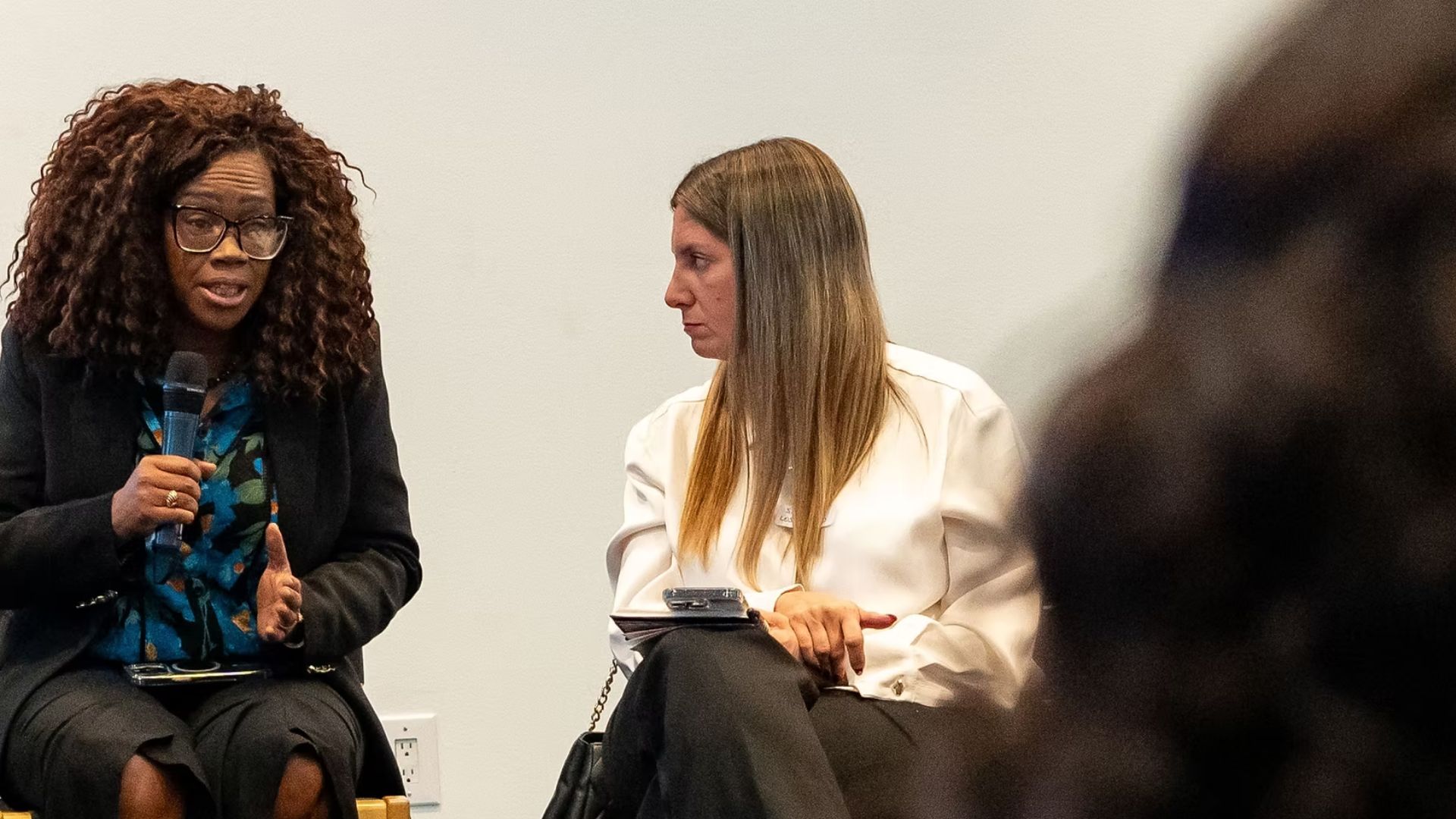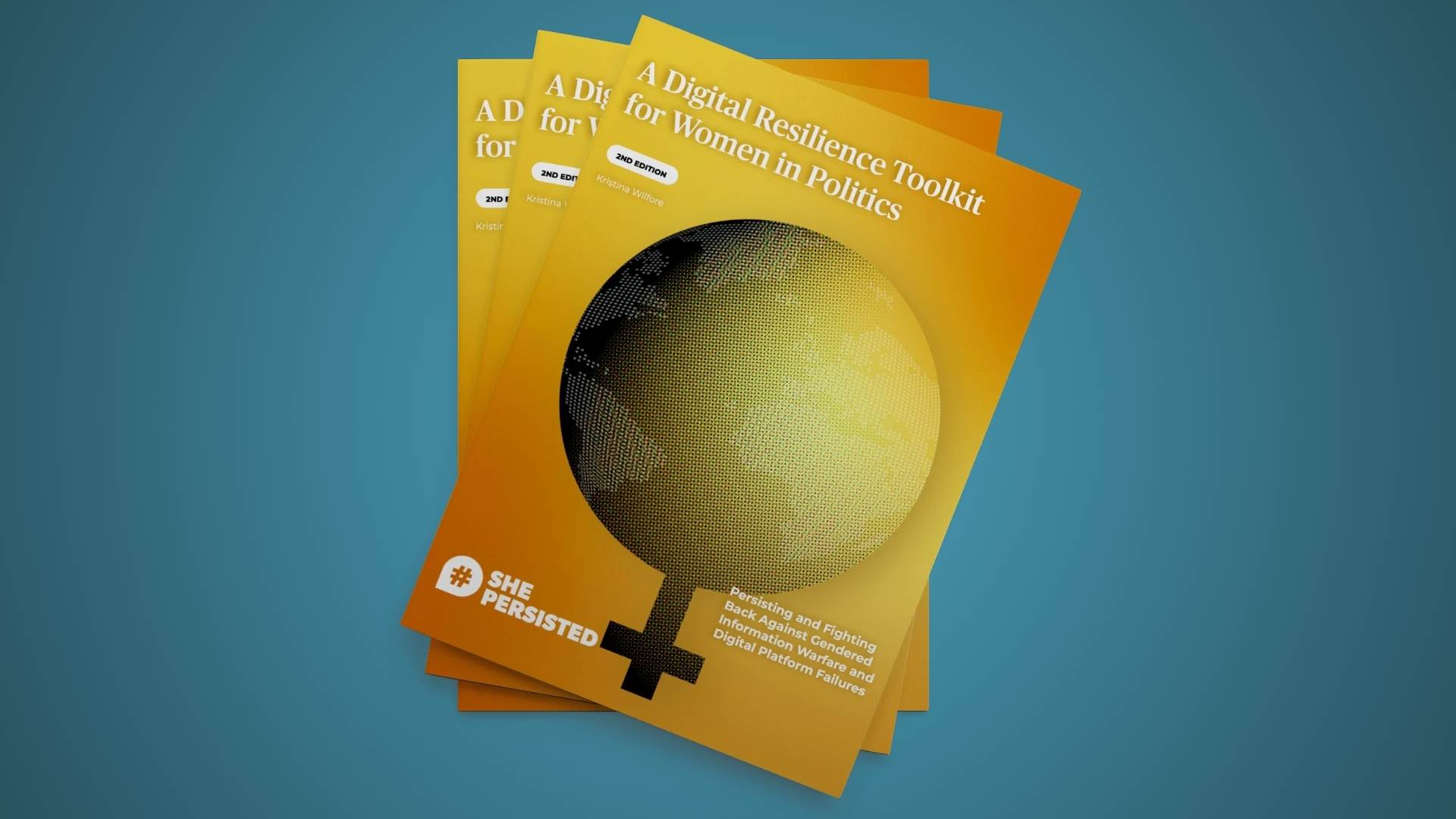Everyday sexism is a persistent obstacle for women in politics, from the campaign trail to the chambers of parliaments and councils. It shows up in off-hand remarks, undermines expertise, and reinforces outdated stereotypes – making it harder for women to lead, be heard, and stay visible in public life.
In this new series, leadership communications expert Amanda Gome AM shares her strategies for recognising and countering these pervasive behaviours, with practical tips drawn from her decades of experience.

About Amanda Gome AM
Amanda Gome helps leaders and organisations build profile, impact and influence through leadership communications, media and social media to change the word for the better. She also trains leaders and groups to recognise and counter every day sexism.
Awarded an AM in 2014 for significant services to women, media and business, Amanda is CEO of Notable Media and Vice President of Women’s Leadership Institute of Australia which supports Pathways to Politics.
If you ever hear “she’s too” or “she’s over” there’s a big chance it’s everyday sexism.
She’s too shrill, bossy, risky, hysterical, inexperienced, loud demanding, bossy, unpredictable, ambitious, risky, boastful. Or she’s over the top, over ambitious, over profiled, over exposed, over sharing.
Countless professional women have told me that this unwarranted gender labelling caused them to doubt themselves and step back.
Maybe it’s because there is a particular view of what a leader should look like, sound like and be like and if someone doesn’t fit the bill, people look for labels to describe why. Or it’s a deliberate attempt to gain more power by shoving them aside.
Recognise it!
Recognise when gender stereotypes and unwarranted labelling are being applied to assess performance, potential or capability.
Being told she was over-ambitious and to stop talking about her ambition left such an impression on former Premier of Queensland Anna Bligh that it became a key theme in her memoir, Through the Wall where she urges women to state their ambition loudly.
Counter it!
Depending on the forum, your response may vary.
- “She is sharing her expertise – let’s listen to what she’s saying.”
- “What do you mean she’s too loud? She’s making a point based on her considerable expertise. What do you think about what she’s saying?”
- “Maybe you are still getting used to women’s voices in leadership so that’s why you are calling this out.”











